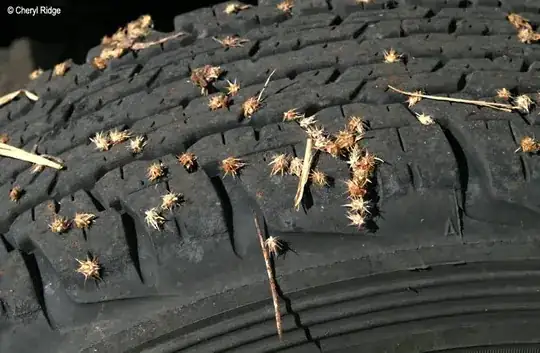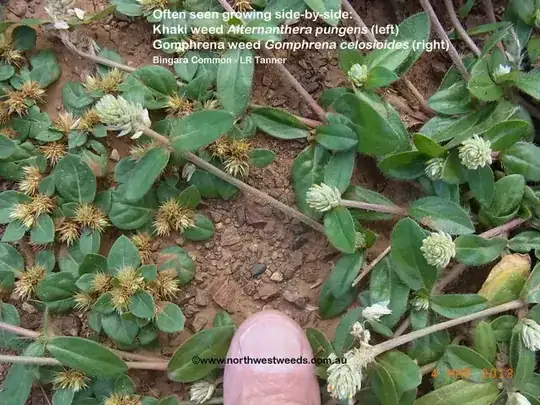Khaki weed then, a proverbial pain. It has a perennial tap root system and annual topgrowth, and will have been present in the grass already - once the ducks got rid of the grass, the weed took over. As your winter approaches, the topgrowth will now die back. You need to relocate your ducks, or at least free them from the enclosure so they can move around elsewhere, because the only option you've got is to cultivate and recultivate a few times, attempting to remove as much root, including the tap root, as possible, in particular before flowers form, then relay turf or other pasture crops to restrain the weed. Burn anything you dig up, don't drop pieces on new ground. Obviously, if you lay turf and then put the ducks back in the enclosed space so they can't move around elsewhere, I imagine they'll do exactly what they did this time - destroy the grass and the Khaki weed will take over.
There are some chemicals you can use if these are available to non agricultural users where you are - dicamba, amitrole, picloram applied before the plant flowers, bromacil for residual effect. None kills the plant completely, they only control; the first two are mildly toxic and picloram is more toxic for ducks. Bromacil 800 will prevent you from replanting the area as it persists in the soil for some years and is also somewhat toxic to ducks.
Do not salt the area - it probably won't finish off the khaki weed for good, but it will be a high toxic risk to your ducks and other microbial life forms present in the soil, meaning nothing else will grow there.
Note that the seeds shown on the tyre in the picture, if they're your tyres, are viable and will grow into new plants wherever they touch ground, so clearing away any seeds like this anywhere on your property is a good idea.

 (The one on the left in the second picture.)
(The one on the left in the second picture.)